Study suggests an increasing number of Americans are being hospitalised with periapical abscesses

Periapical abscess is sequelae of the death of the dental pulp often as a result of dental caries or trauma. It is normally managed in dental practice with root canal treatment or extraction. However, if left untreated it can lead in some circumstances lead to the destruction of bone and the spread of infection to [read the full story…]
Trail suggests that straight interdental brushes may be more effective than angled brushes
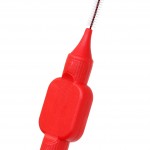
The effective removal of plaque is important for the prevention of both caries and periodontal disease. Interdental cleaning aids are frequently recommended in addition to toothbrushing to improve plaque removal. The aim of this study was to investigate interproximal plaque removal with an angled interdental brush as compared to a straight interdental brush. Adults aged [read the full story…]
Trial finds no changes in arch dimensions following orthodontic treatment with conventional brackets and either active or passive self-ligation
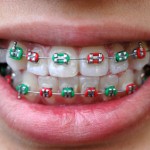
To produce alignment without extraction. It has been suggested that passive self-ligating brackets can introduce specific, uniquely stable arch dimensional changes. The aim of this trial was to quantify maxillary arch dimensional changes and maxillary incisor and molar inclination changes during orthodontic alignment by directly comparing a passive self-ligating bracket, an active self-ligating system and [read the full story…]
What is the rate of disease progression in aggressive periodontitis?
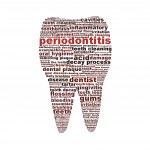
Periodontitis is common, but aggressive periodontitis (AgP) is thought to progress faster than chronic periodontitis (CP). Reviews suggest that tooth loss as a result of periodontitis is in the order of 1.5-9.8%. The aim of this current review was to investigate tooth loss and disease progression in aggressive periodontitis cases. The Medline and Embase databases [read the full story…]
Review finds that oral care that included chlorhexidine use reduced ventilator associated pneumonia

We have previously looked at a review and a number of studies addressing the issue of oral hygiene and ventilator-associated pneumonia (VAP) and (Dental Elf May 20th 2013). A new Cochrane review has just been published which aimed to assess the effects of oral hygiene care (OHC) on the incidence of VAP in critically ill [read the full story…]
Elf Break
Open or closed surgical technique for displaced palatal canines did not affect periodontal outcomes in short term
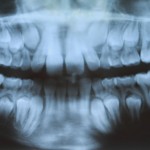
It is reported that around 13% of upper canines can be displaced, the majority of these being palatally displaced. Controversy exists on whether a closed techniques of moving a canine into its correct position beneath the palatal mucosa (closed technique) is preferential to an open technique which involves moving the canine into its correct position [read the full story…]
In the Newspapers

In recent weeks an number of dental stories have seen a lot of reporting in the mainstream press. The Daily Mirror reporting on a potential link between gum disease and dementia with “Brushing you teeth reduces your risk of dementia” ; while the BBC reported on a study reporting the growth of tooth-like structures from [read the full story…]
No difference in survival of mandibular lingual orthodontic retainers placed with chemically and light-cured adhesives
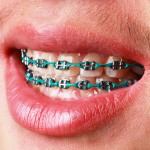
Long-term stability following orthodontic treatment required long-term retention. Compliance with removable retention regimens is variable so some practitioners favour fixed retainers. The aim of this study was to compare the survival of mandibular lingual retainers placed using either chemical or photo polymerization after orthodontic treatment. Patients who had completed orthodontic treatment with no active caries, [read the full story…]
Review suggests that antibiotics are beneficial for reducing failure of dental implants
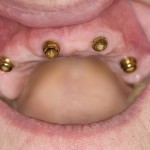
With the increasing popularity of dental implants and the difficulties of managing infections around them it is important to know whether the use of prophylactic antibiotics is beneficial or not. This review is an update of a Cochrane review originally published in 2008 and last updated in 2010. The aim of the review was to [read the full story…]

